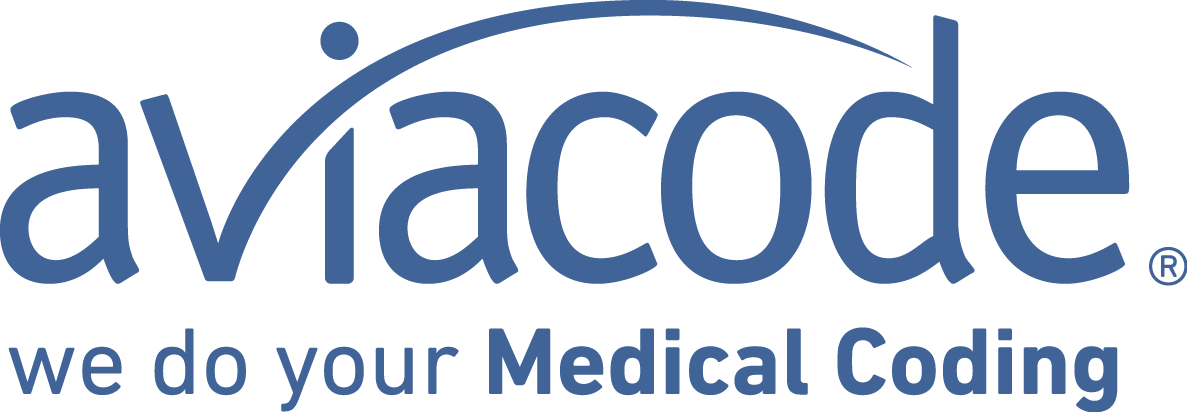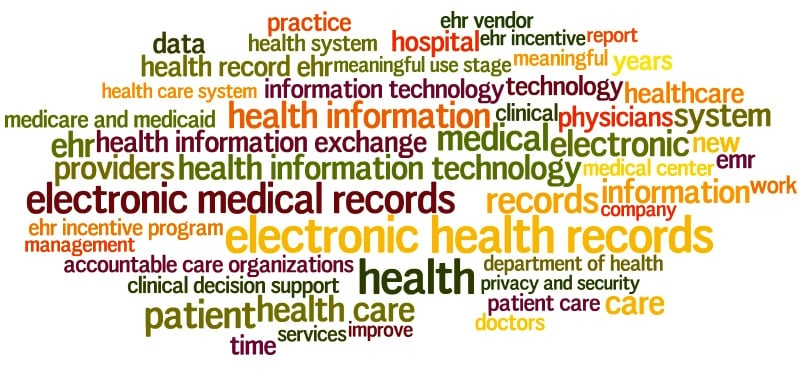This is part 4 of a 4 part series on the business of medical coding.
This is the final installment of this four-part series.
Between lawsuits and new regulations about “quality”, there is a growing social assault on the practice of good medicine, which includes a certain amount of risk-taking, innovation, and professional autonomy. The problem lies in the unrealistic desire to have it both ways—meaning no possibility of a bad outcome, along with low cost. That these two needs are largely at odds has been ignored for decades. There is no financial incentive for a physician to provide elective services to a high-risk patient—even if that physician is the best in the world at performing it.
A recent New England Journal of Medicine study[1] found most physicians will be sued for malpractice during their career. By age 65, more than 75% of physicians in low-risk specialties such as family medicine and 99% of physicians in high-risk specialties such as surgery will have been sued.
One study reveals that the cost of medical malpractice in the United States is running at about $55.6 billion a year – $45.6 billion of it is spent on defensive medicine practiced by physicians seeking to stay clear of lawsuits.[2]
The problems associated with malpractice are known to include physician health issues. Medical Malpractice Stress Syndrome (MMSS)[3] is closely related to traumatic stress disorders, and includes feelings of intense shame, depression, anger, panic, and fatigue.









